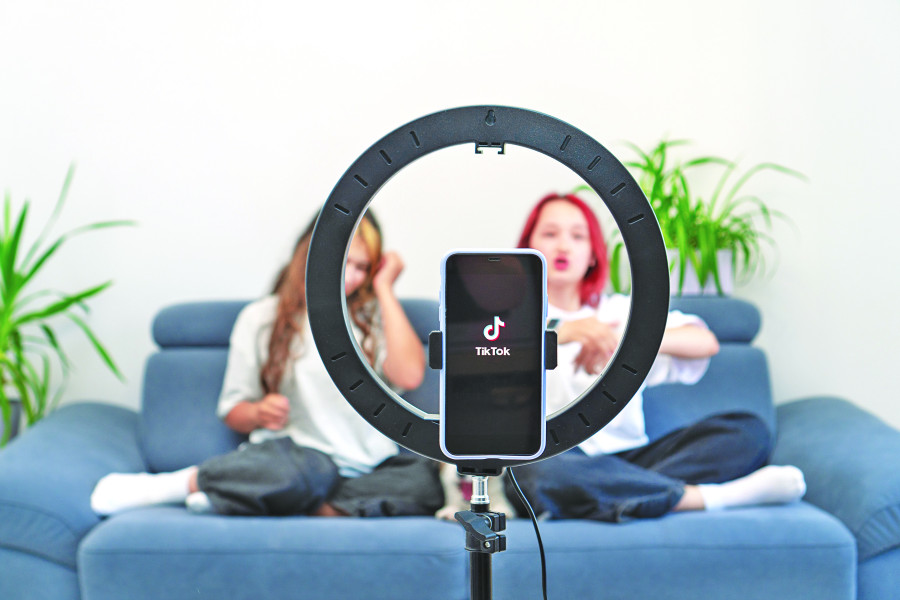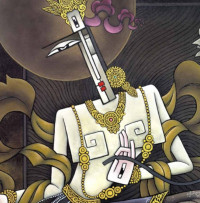Culture & Lifestyle
Why is TikTok so addictive?
The app’s straightforward interface and all-knowing algorithm have been able to provide its users with an experience like no other platform.
Swasti Gautam
There is something about TikTok. The app allures you to its 15 to 30 seconds whirlpool of never-ending videos and in no time, you find yourself swiping for an hour. From politicians to tarot card readers, conspiracy theories to homemade pickles, the app has it all. It is content-heavy and filled with entertainment, excitement, and surprises.
TikTok's straightforward interface and all-knowing algorithm have been able to provide its user with an experience like no other platform. It demands nothing from you, yet you are lulled into watching never-ending curated videos. Or, in today's lingo, you will find yourself 'doomscrolling'.
Apparently, many GenZers have even started using TikTok instead of Google. Just type, 'The best food joints in Kathmandu,' and you will find an array of videos guiding you through different restaurants across town within a matter of seconds.
Before TikTok, the idea of social media was different. You could carefully choose your friends, your followers, and your interests. TikTok has no such boundaries. It has redefined the concept of social, exposing you to endless videos selected by its algorithm. The more time you spend on the app, the better it knows your taste and interests. You do not ask TikTok what to show you. It tells you what you see. And this anticipation of 'What next?' often grips its users.
However, the algorithm has its downside too. TikTok has been criticised for leading users down the 'rabbit hole', especially the young population. You will often find children on TikTok' not behaving like children, using inappropriate words, or singing songs that are 'improper'. This should probe us to ask: How much information should our young users be exposed to through an application? The app also makes it very easy to fall into the loop of videos related to death, suicide, unhealthy diets, and eating disorders and does very little to save its users from harmful content.
This brings us to the question of what this 'all-powerful', 'all-knowing algorithm' of TikTok means to our privacy. Should we be alarmed?
All platforms on the internet collect, analyse and use our data for their profitability. The problem with TikTok is that it collects data in excessive volume—it is important to feed its algorithm, making the app so appealing. TikTok knows you, your family, your likes, dislikes, your emotional state, your biometrics, and much more. Using your online profile to send targeted advertisements is an obvious use of your private data. However, it isn't easy to gauge what will happen to this data, how it will be used, and, more importantly, who has access to it.
Hence, the mistrust and suspicion from many nations concerning the app and its privacy is justified. As the world becomes more digital, technology can be seen as one of the main factors for diplomatic tension among nation-states. TikTok is huge, especially among the youth, and the cultural influence it can have is deep.
The attraction of companies, brands, organisations, and institutions towards the app then, is obvious. There are many names on the internet today who have become celebrities primarily through TikTok. This makes the platform extremely attractive to young audiences who see their careers on social media. Nepal even has TikTok groups that go on vacations together. Big hospitals have TikTok booths of their own, and Buddhist shrines have 'No-TikTok' signs in their vicinity.
TikTok has become a phenomenon that cannot be ignored. It is everywhere, and if you haven't used the application yet, you are increasingly becoming one of the global minorities.




 21.12°C Kathmandu
21.12°C Kathmandu















